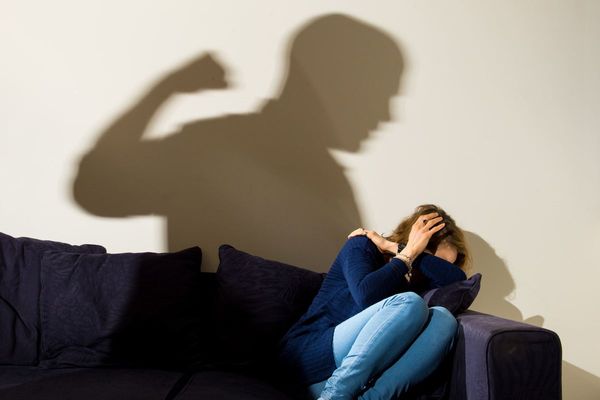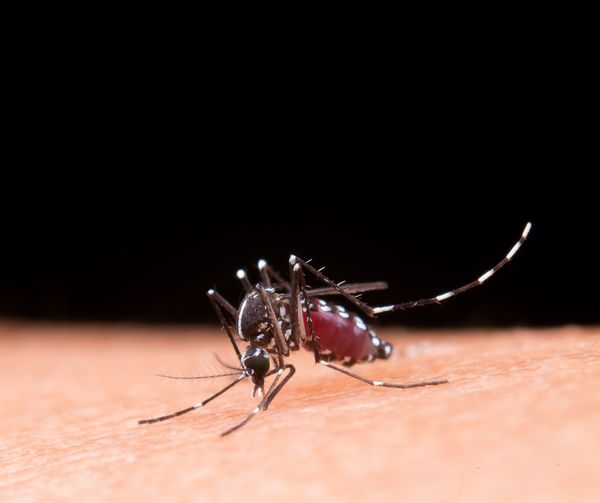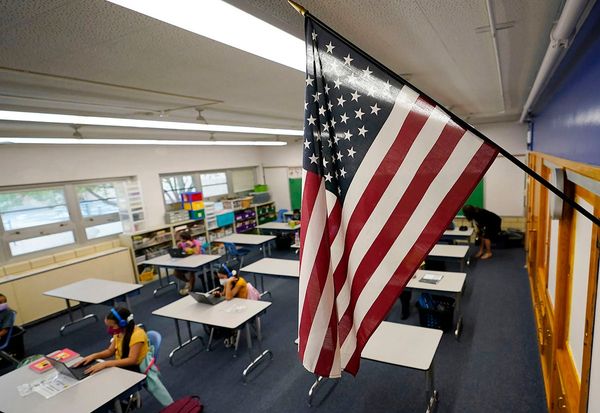
In a move that has sparked both support and concern, the Australian government is considering a plan to ban children under the age of 16 from popular social media platforms such as X, TikTok, Facebook, and Instagram. While the proposal has garnered political backing and is set to be introduced into Parliament, experts in technology and child welfare have raised alarms about its effectiveness.
The proposal has received unanimous support from leaders across Australian states and territories, with Tasmania suggesting a lower age threshold of 14. However, critics argue that a blanket ban may not effectively address the risks associated with social media use among young people.
One vocal opponent of the ban is a 17-year-old student who founded an online streaming service at the age of 11. He believes that policymakers lack a deep understanding of the role social media plays in the lives of young people today, emphasizing that it is a crucial part of their daily interactions and activities.
Supporters of the ban, such as a cyber safety campaigner who tragically lost her daughter to an online predator, argue that children are exposed to various harms on social media, including pornography, misinformation, body image issues, and online predators. They stress the need to protect children from these dangers, even if it means implementing stricter age restrictions.
Privacy concerns have also been raised regarding the enforcement of the age limit, with experts warning about the potential implications of requiring digital identification for users. While the government is considering options for verification, including age estimation technology and digital identification, there are fears that social media platforms may end up holding sensitive user data.
Despite these challenges, advocates for the ban emphasize the importance of prioritizing child safety over privacy and profit. They argue that the well-being of children should be the primary consideration in regulating social media use among minors.







